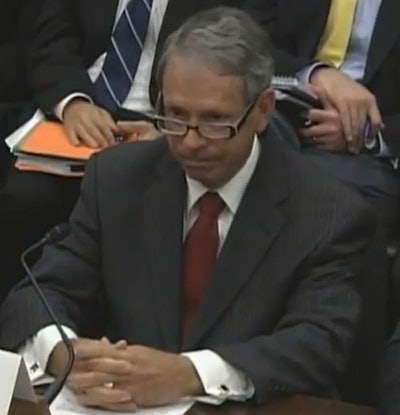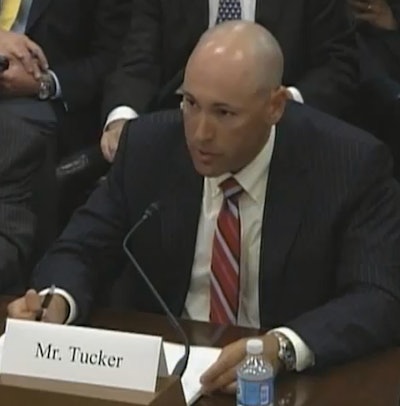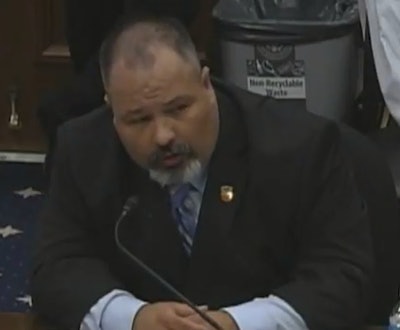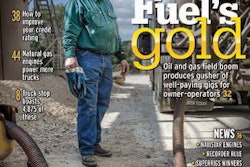At the House Small Business Committee hearing I’ve written about a couple times here on the blog in the past few weeks, one area that saw quite a bit of discussion was, relative to the perceived disconnect between the FMCSA’s CSA program and carrier safety, the need for higher levels of compensation for a safer overall industry.

He further called for reconsideration of trucking exemptions to the Fair Labor Standards Act, which I most recently wrote about when owner-operator Joe Ammons did much the same, garnering a raft of atta-boys and other discussion from readers. “Other nations, like Australia,” Belzer noted, “address underlying systemic problems” in various ways, “like paying for loading and unloading times, help level the playing field by keeping costs low and incentives high.”
Though many carriers are compensating for detention at varying hourly rates and with varying models, removing the FLSA exemption would do much to increase the prevalence of the practice, Belzer suggested, and the result would ultimately be a safer industry. “The most important thing we can do is start from the economic competition that is driving these [unsafe] outcomes. We don’t want to encourage a ‘race to the bottom.’… The way competition in transportation works, it tends to drive that process. We have to address ways to put boundaries around it. Pay drivers for the nondriving labor. Once you do that, they’ll self-regulate.”

Tucker went on to note that rates were on the rise throughout various industry segments: “Right now, prices are going up…. Rates that truckers are getting are better. Their returns are better.”

Data from National Transportation Institute Principal Gordon Klemp, presented as part of our webinar last Thursday, bears Miranda out in some ways. Pay has tracked flat in recent times for segments other than flatbed.
Have you seen better rates? Do you agree with Belzer’s core argument, that better compensation for nondriving work would be the best thing the industry and/or regulators could work toward to improving safety?
Look for more on the subject of detention time as the August issue hits the racks and here on the website — my “Top owner-operator challenges” feature runs through the problem of excess and uncompensated detention as the No. 3 industry problem named by readers. Stay tuned.










